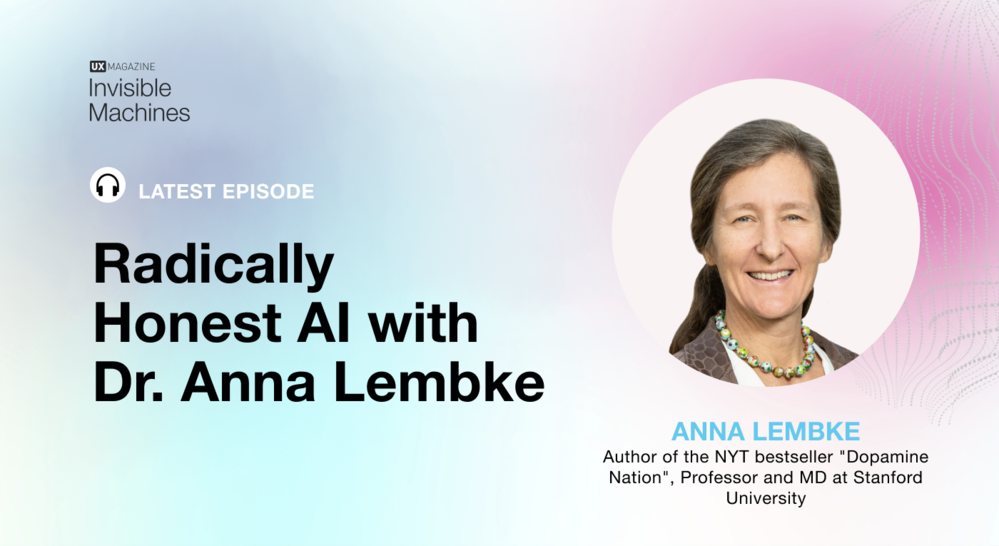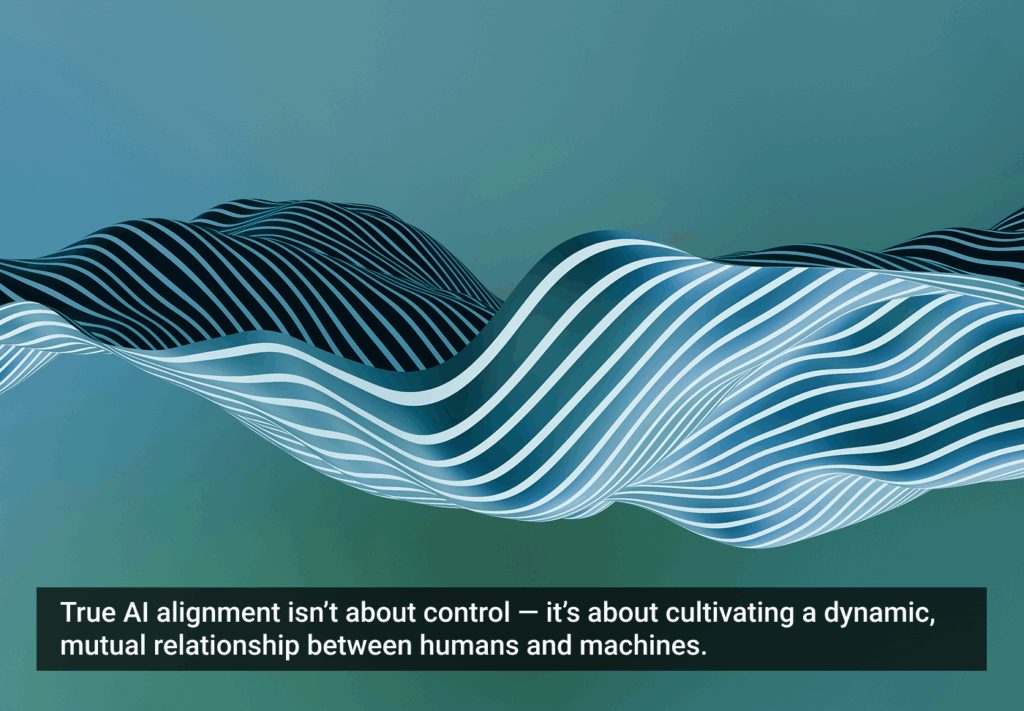In the kickoff episode of Invisible Machines season five, Robb Wilson and Josh Tyson welcome Dr. Anna Lembke, a clinical psychiatrist and Chief of the Stanford Addiction Medicine Dual Diagnosis Clinic. She has conducted extensive research around addiction and the chemical processes in the brain that drive it. Her book Drug Dealer, MD: How Doctors Were Duped, Patients Got Hooked, and Why It’s So Hard to Stop was highlighted in The New York Times as one of the top five books to read for understanding America’s opioid epidemic. Her bestselling book Dopamine Nation: Finding Balance in the Age of Indulgence explores both substance and behavioral addictions, offering strategies for breaking free from destructive cycles.
Robb and Josh talked a lot about dopamine in season four of the podcast, and this conversation with Dr. Lembke breaks new ground as they try to identify the kinds of AI that might help us heal rather than plunging us deeper into spiraling overuse of digital media and technology. Drawing from her research and clinical practice, Dr. Lembke shares her insights on how digital media and AI are reshaping our interactions with dopamine—a chemical tied to pleasure and addiction. She also shares the idea of radical honesty—a crucial piece of addiction recovery—and they talk about the benefits and challenges of constructing AI systems that are radically honest.
Throughout the episode, Robb and Josh engage with Dr. Lembke in a thought-provoking conversation about the future of AI. They imagine AI agents designed to safeguard users from excessive digital consumption, acting as gatekeepers that encourage healthier behaviors. This vision of radically honest AI presents a compelling alternative to the current landscape, where algorithms often prioritize corporate interests over individual well-being.
With her groundbreaking insights into addiction and technology, Dr. Lembke offers a fresh perspective on how AI could evolve to support healthier, more balanced lives. This episode is a must-listen for anyone interested in the intersection of AI, addiction, and human behavior.
Jump into this stimulating conversation with Dr. Anna Lembke.








